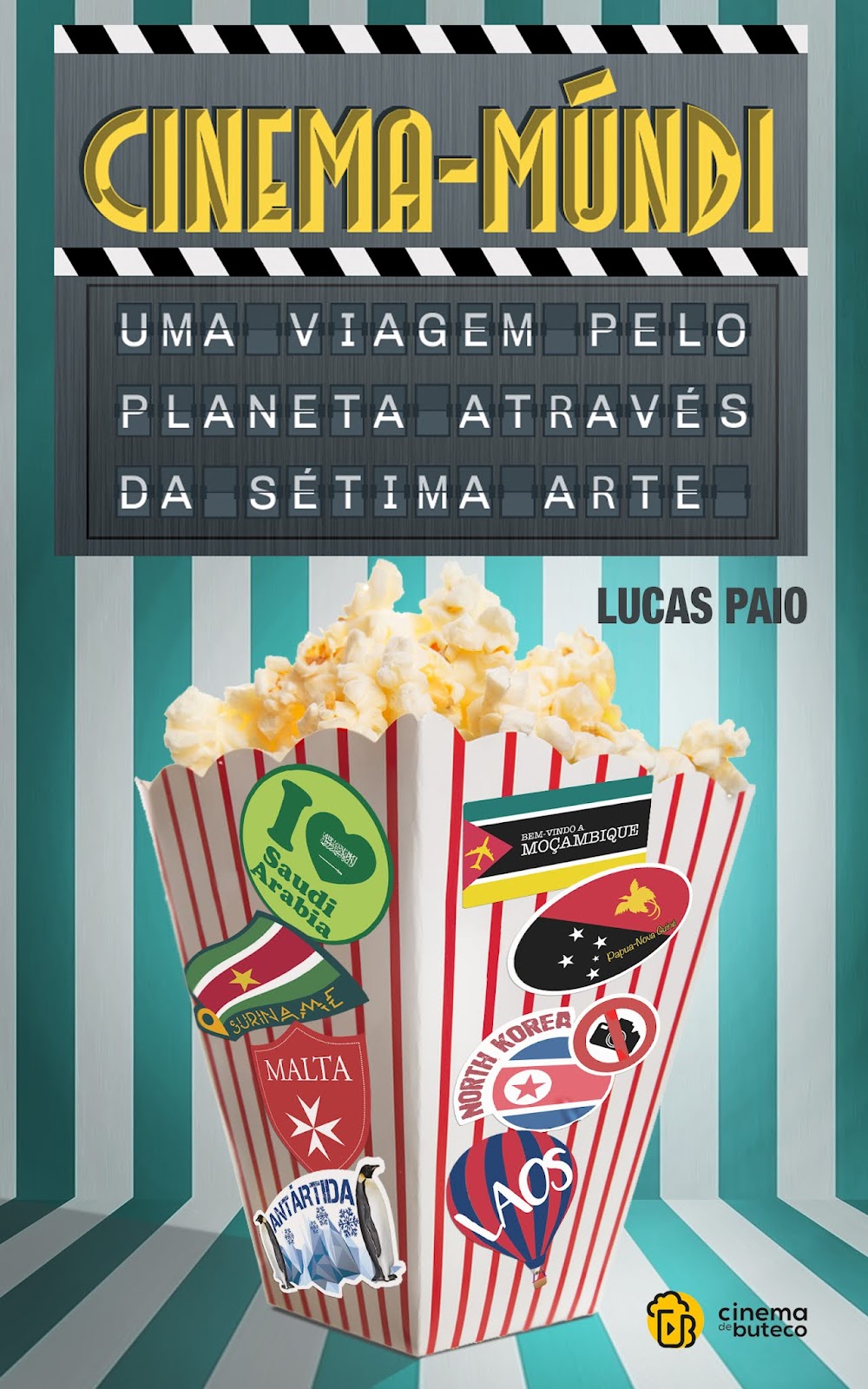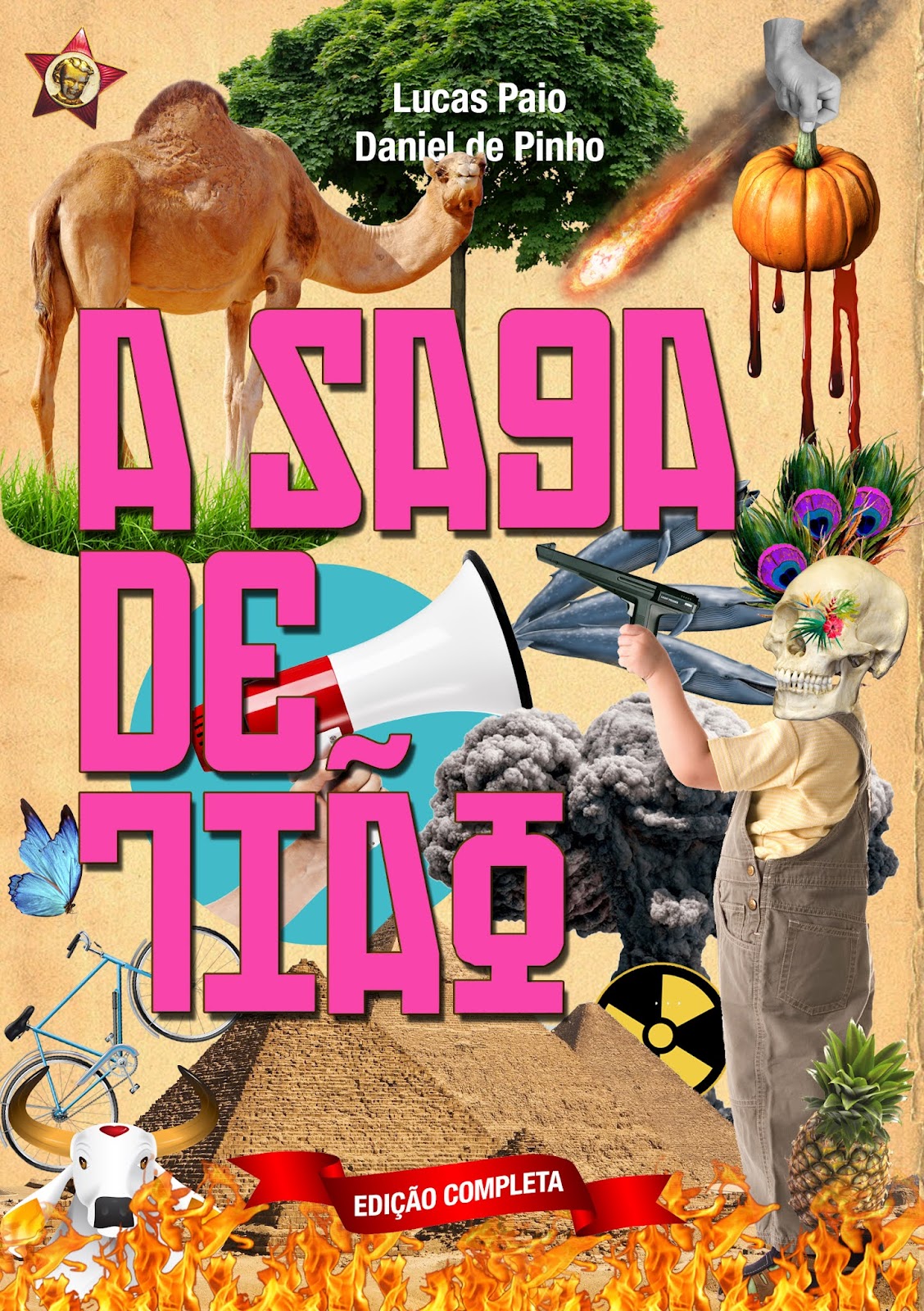Her misfortune was to be born in a family of musicians.
Not that she hated music. She liked it, the same way she enjoyed eating cotton candy at the park, every now and then. But she lacked any talent for playing. The same guitar that sounded beautiful on her sister's fingers was like chalk on a blackboard if she touched it. The same harmonica her dad played with mastery made their dog a mad beast when she breathed on it. "You don't have to play an instrument just because we do," her family used to say, in good faith. Mirela saw it as a provocation and continued to castigate songs.
One day she said: that's it.
She declared defeat and became quickly annoyed by anyone bold enough to play a tune in front of her, like an unmarried old aunty who loathes couples in love. Mirela went to live alone in a noiseless house, with egg cartons soundproofing the walls, so that not even the nightingale's singing could disturb her anymore.
At family parties, she still suffered. She had to endure her nephews performing Stravinski on the dinnerware, her uncle burping Ravel's Bolero, their parrot perfectly impersonating Sinatra. Sometimes she would burst into an unexpected rage, like the day she interrupted "Happy Birthday To You" at her own birthday party, barking out insults at her guests.
Time turned her distaste into a phobia and Mirela became a bitter woman who despised love serenades and filled her ears with wax during Carnival. She ended up a lonely single lady — and, to her dismay, with the moral obligation of housing her newly widowed mother. It was her ruin. Mirela's mom would spend her days striking keys, fiddling strings, practicing chords, arpeggios, glissandos. Whenever her daughter complained, she would promptly respond: "I refuse to give up my passion over a stupid contempt."
Listening to her mom playing the same Paganini fugue for the thirteenth time on the same rainy Tuesday afternoon, Mirela made a decision. Her farewell note was a double barline scribbled at the very end of an empty music sheet. She ripped off the thickest string from her mother's cello, tied one end on the ceiling fan and the other on her neck, and jumped from the piano stool. She would still hear the lovely vibration that slipped out of it, and to her own surprise would think, astonished: a perfect E-flat, and I did it myself. But then it was too late.
I wrote this short story nine years ago for a literary contest in Brazil, and it was published by the Piauí magazine on their November 2007 issue. This is my first attempt at translating into English something I originally wrote in Portuguese, and any feedbacks are welcome!
Os leitores antigos do Biselho conhecem Mirela desde que ela nasceu, há nove anos (!), quando foi publicada na Piauí naquele distante novembro de 2007. Fazia tempo que eu tentava traduzi-la pro inglês e aí está. Para ler o conto original, clique aqui.














